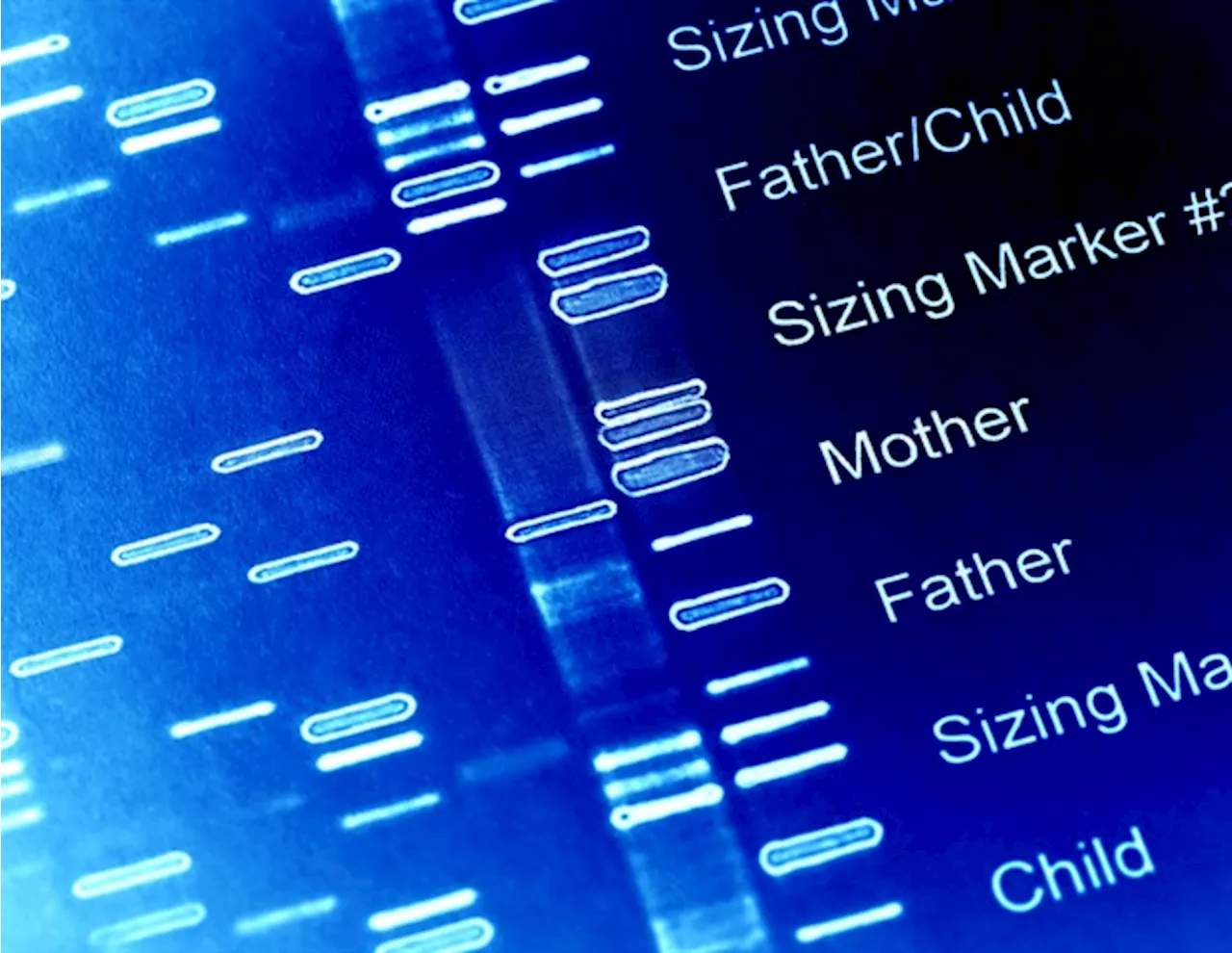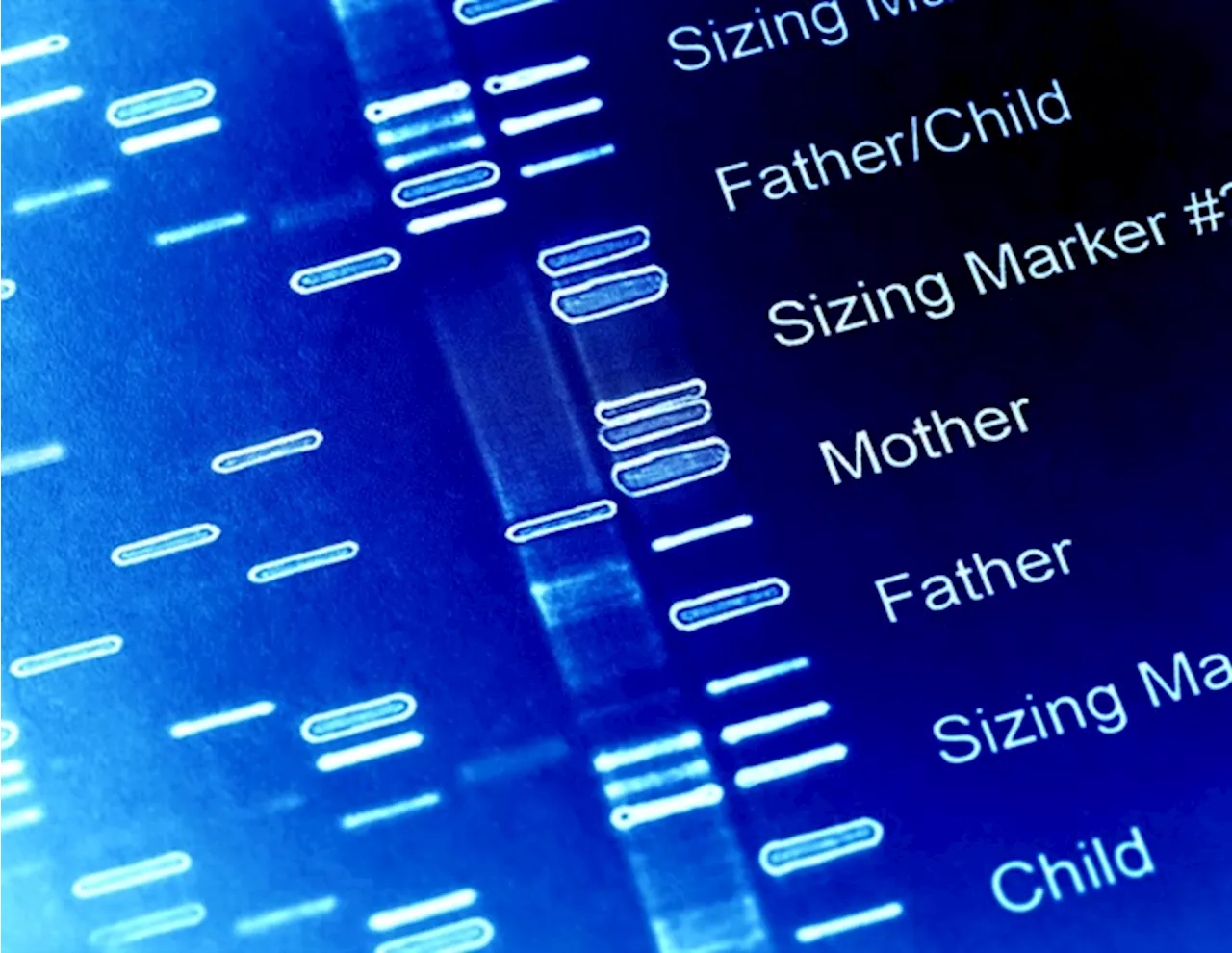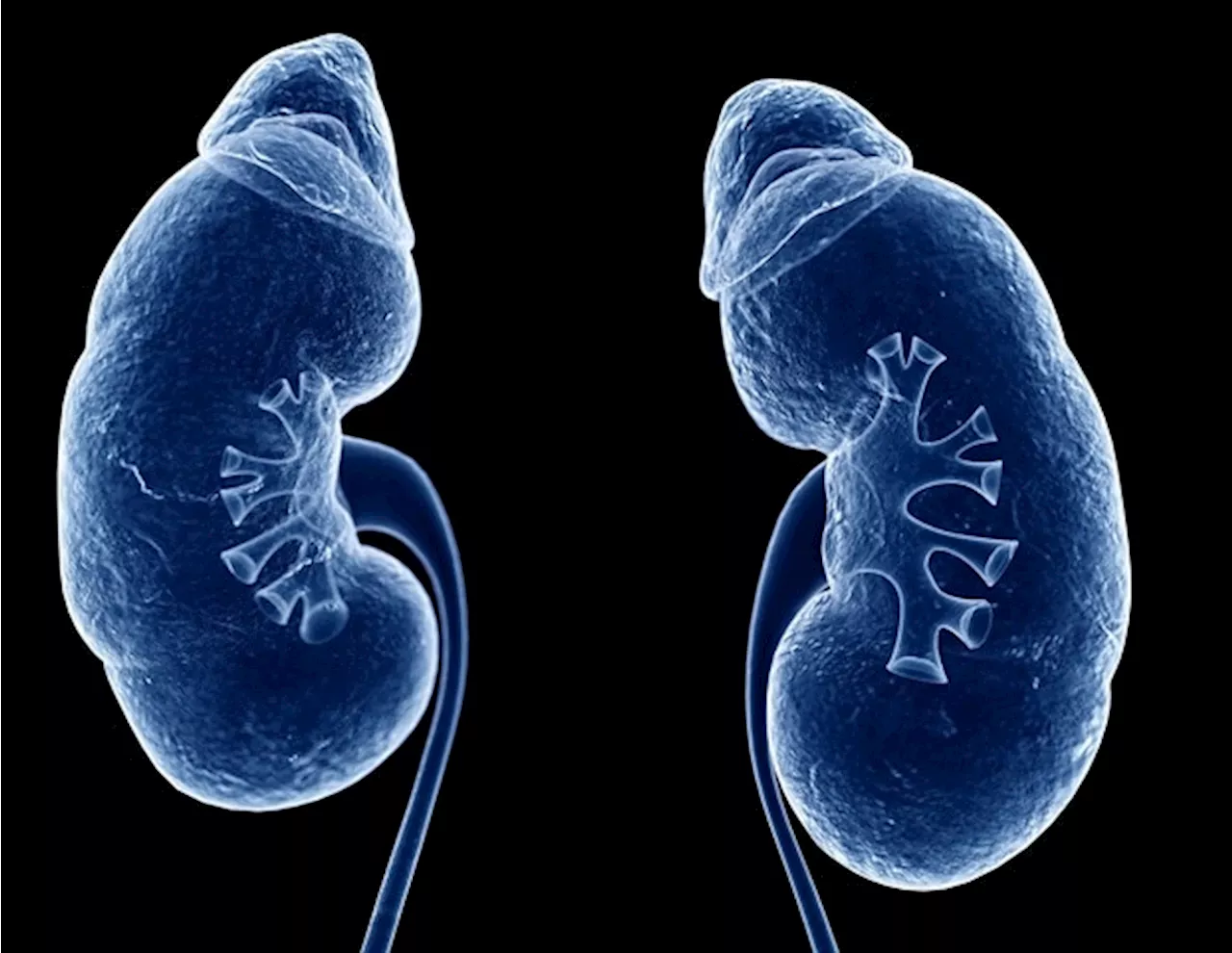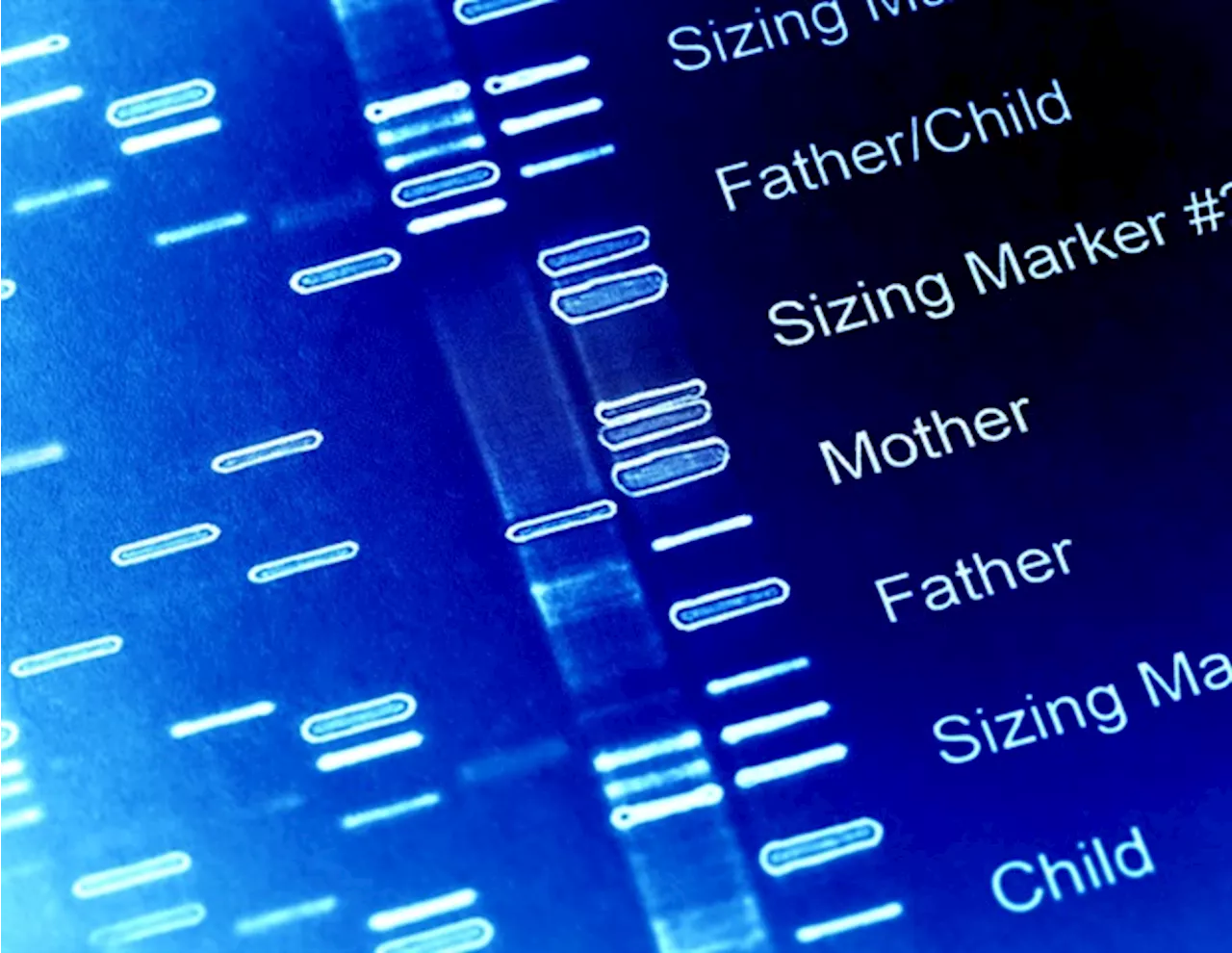Although sedentary behavior may be an evolutionarily selected trait, it is still important to try to be physically active, says a new study conducted at the University of Jyväskylä, Finland.
University of JyväskyläApr 8 2025 Although sedentary behavior may be an evolutionarily selected trait, it is still important to try to be physically active, says a new study conducted at the University of Jyväskylä, Finland. Research ers have shown for the first time that genetic predisposition to sedentary behaviour is associated with a higher risk of developing the most common cardiovascular diseases.
We found that genetic predisposition to sedentary behaviour increased the risk of cardiovascular diseases almost equally in both population samples. People with the highest predisposition to sedentary behaviour accumulated about half an hour more daily sedentary time and had about a 20% higher risk of developing the most common cardiovascular diseases, compared to those with the lowest genetic predisposition.
"Our results support previous theories that the human trait to be sedentary has a genetic basis and illustrate its health effects," says Joensuu, "and these findings should be taken into account when promoting the health of the population.
Genetics Genome Medicine Physical Activity Research Sports Medicine
United Kingdom Latest News, United Kingdom Headlines
Similar News:You can also read news stories similar to this one that we have collected from other news sources.
 Flood and drought risk increasing in cities, according to studyWaterAid worked with the University of Bristol and Cardiff University on the climate hazard research.
Flood and drought risk increasing in cities, according to studyWaterAid worked with the University of Bristol and Cardiff University on the climate hazard research.
Read more »
 Ancient genetic mixing shaped the evolution of modern humansModern humans descended from not one, but at least two ancestral populations that drifted apart and later reconnected, long before modern humans spread across the globe.
Ancient genetic mixing shaped the evolution of modern humansModern humans descended from not one, but at least two ancestral populations that drifted apart and later reconnected, long before modern humans spread across the globe.
Read more »
 Researchers challenge the genetic paradigm of cancerIt's time for researchers to reconsider the current paradigm of cancer as a genetic disease, argued Sui Huang from the Institute for Systems Biology, USA, and colleagues in a new essay published March 18th in the open-access journal PLOS Biology.
Researchers challenge the genetic paradigm of cancerIt's time for researchers to reconsider the current paradigm of cancer as a genetic disease, argued Sui Huang from the Institute for Systems Biology, USA, and colleagues in a new essay published March 18th in the open-access journal PLOS Biology.
Read more »
 Identifying genetic resistance factors and antimicrobial resistance phenotypes in MRSA strainsWith the rising prevalence of methicillin-resistant Staphylococcus (S.) aureus (MRSA), a multi drug resistant strain, treatment has become a challenge.
Identifying genetic resistance factors and antimicrobial resistance phenotypes in MRSA strainsWith the rising prevalence of methicillin-resistant Staphylococcus (S.) aureus (MRSA), a multi drug resistant strain, treatment has become a challenge.
Read more »
 New research aims to unravel genetic mysteries of polycystic kidney diseasePolycystic kidney disease (PKD), a family of genetic disorders that causes clusters of cysts to form on the kidney, is among the most common genetic disorders, affecting some 500,000 people in the United States.
New research aims to unravel genetic mysteries of polycystic kidney diseasePolycystic kidney disease (PKD), a family of genetic disorders that causes clusters of cysts to form on the kidney, is among the most common genetic disorders, affecting some 500,000 people in the United States.
Read more »
 Higher BMI in adolescence worsens genetic risk for high blood pressure, study findsAdolescent BMI amplifies genetic risk for high blood pressure, with sex-specific differences in how BMI modifies SBP susceptibility in adulthood.
Higher BMI in adolescence worsens genetic risk for high blood pressure, study findsAdolescent BMI amplifies genetic risk for high blood pressure, with sex-specific differences in how BMI modifies SBP susceptibility in adulthood.
Read more »
